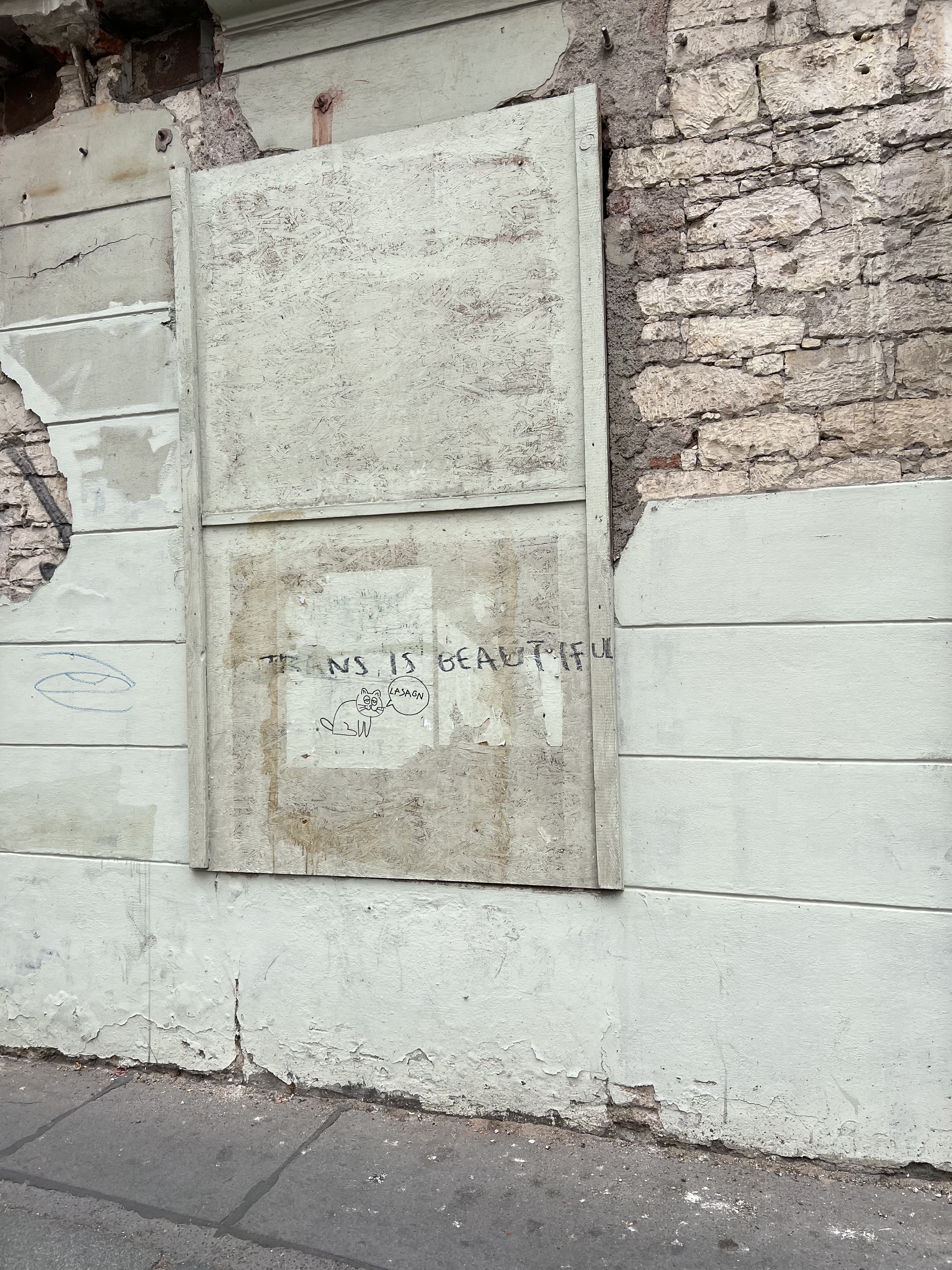
James Mesiti
on translating Rosalía de Castro
When translating the work of Rosalía de Castro, two of the most difficult — albeit most important — qualities are the ambiguity and musicality in which her verses and poetic subjects operate. Spanish allows for ambiguity and wordplay that must be defined when translating into English. One of the first challenges to this respect was the use of the neuter noun “lo incierto” in the second verse. The options were changing “lo incierto” from a noun to an additional adjective, “uncertain” specifically, perhaps by applying it to the previous phrase: “A melancholic, indefinable, and uncertain shadow.” I chose to keep the grammatical syntax of the verse as is but introduced the noun/adjective pairing of “all is ambiguous.” This struggle with the intentional ambiguity of Castro was also present in the second to last verse and the possessive adjective of “su.” The translation of this word to “such,” while ridding the verse of its possessive qualities, maintains a level of ambiguity as to who, or which shadow, the “mortal longing” refers to without having to make a creative decision on the matter. Difficulties with Castro’s lyrical fluidity and musicality manifest themselves in a similar manner. The second to the fourth verses were particularly challenging in this regard. For example, the repetition of “sin cesar” in the third and fourth together with the alliteration of the “c” required a compromise in order to maintain the fluidity of the text while sacrificing a direct repetition of “without rest.” A more exact translation of “sin cesar” may have been “without stopping” or “incessantly.” However, this would have made it perhaps impossible to translate the employed alliteration.
Maintaining these characteristics were the two main priorities of this translation, which may have provoked other sacrifices. Rosalía de Castro is known for being a precursor to free verse poetry for the time period in which she was writing. This being said, while there tends to be irregularities from one verse to the next in terms of metric, there may be intention to what her metrics were even though they do not match from verse to verse. This translation does not follow any metric and is in complete free verse.
about the author
Rosalía de Castro (Feb. 23, 1837 – July 15, 1888) hails from Santiago de Compostela, Spain. There are not many documents in regard to her early life. However, it is known that her father José Martínez Viojo was a priest and thus could not recognize her as his daughter. Her mother, Teresa de Castro, was a member of high Galician society and was thus forced to keep her birth clouded in secrecy. As such, for much of Rosalía de Castro’s early infant life, she was cared for by her paternal aunts away from Santiago before returning to live with her birth mother. She would come to develop a close relationship with her that would later inspire some of her poetic work. In 1858, she married Manuel Murguía, with whom she had seven children. Their marital history, like much of the life of de Castro, is uncertain and contradictory in terms of opinions among academics. It is partly assumed that the marriage was not founded in love, but was sought by de Castro as a means of establishing legitimacy due to the circumstances that surrounded her birth. However, it is known that Murguía changed the order and format of some of the poems in En las orillas del Sar (1884), the poetry book where this translation comes from, with the intention of partially shielding de Castro from criticism which she may have received from the church, particularly when considering her existentialism and lyrical questioning of death. Prior and in addition to En las orillas del Sar, de Castro’s earlier books Cantares Gallegos (1863) and Follas novas (1880) were not published originally in Spanish but in Gallego. Based on her work and the biographical information that does exist, it is known that de Castro lived “indicada” and tormented, perhaps in part for not being able to be recognized by her father and what this meant for the rest of her life. De Castro is considered a precursor to poetic Modernism for her irregularities in terms of metric and, as stated, her existentialism. She has since enjoyed a mythification of her figure, not only in Spain but also in the greater Hispanic world.
about the translator
James Mesiti, a native of Albany, New York, is a researcher and poet. In fall 2022, he began a doctoral program in Spanish and Portuguese at the University of Pennsylvania where his research focuses on modern and contemporary transatlantic Hispanic poetry. In October 2021, he published his first poetry book titled Algo de nadie (Something of No One) with Valparaiso Ediciones.

photo by Katherine Rozsypalek
